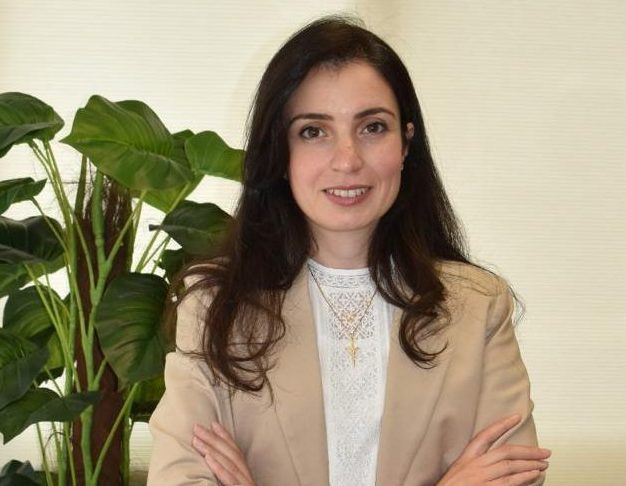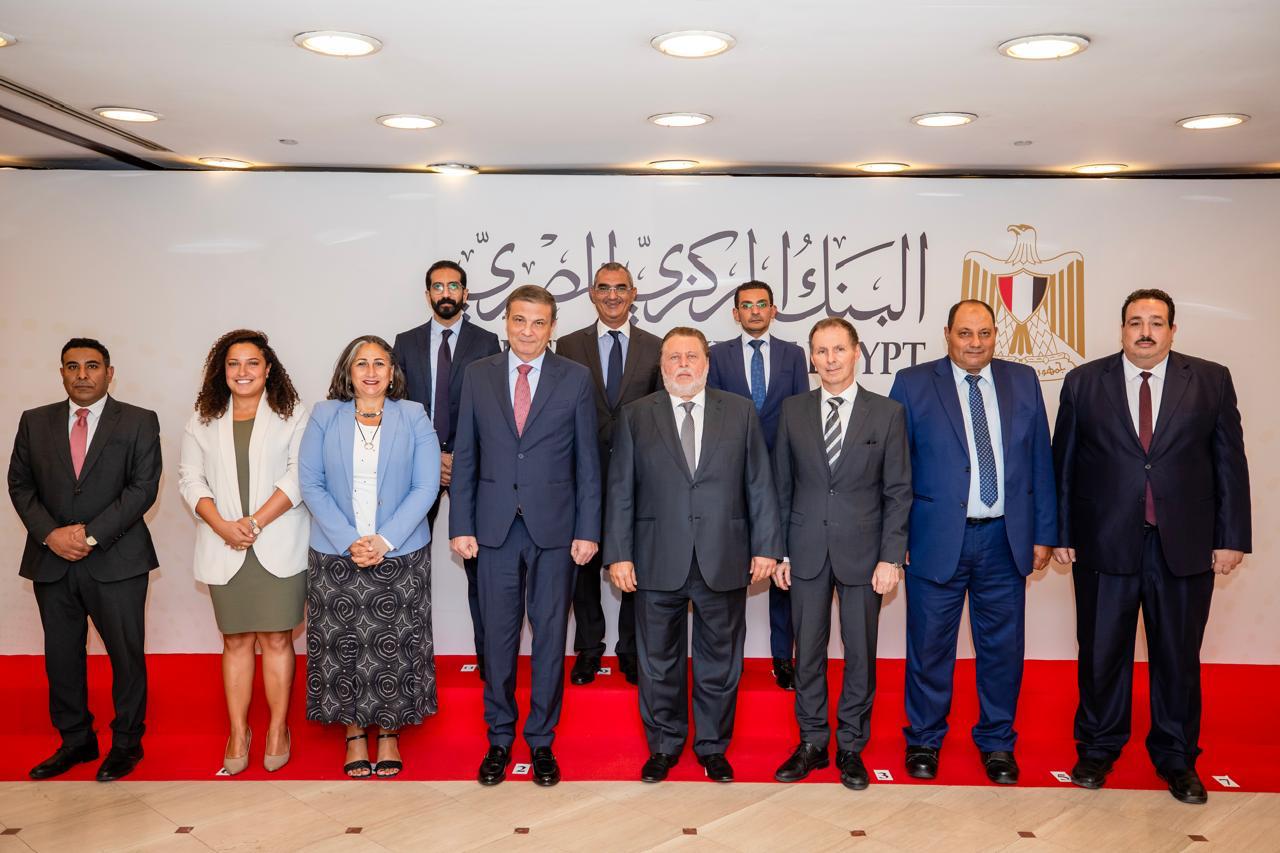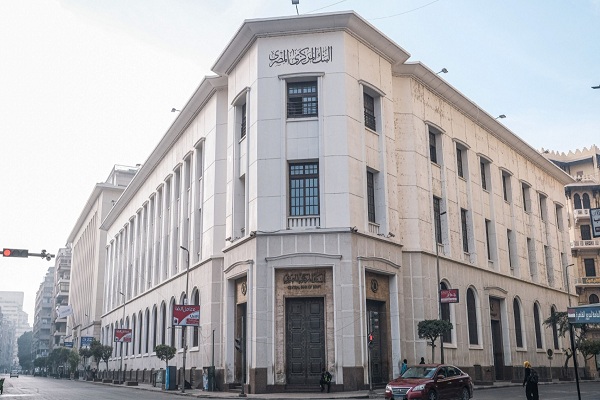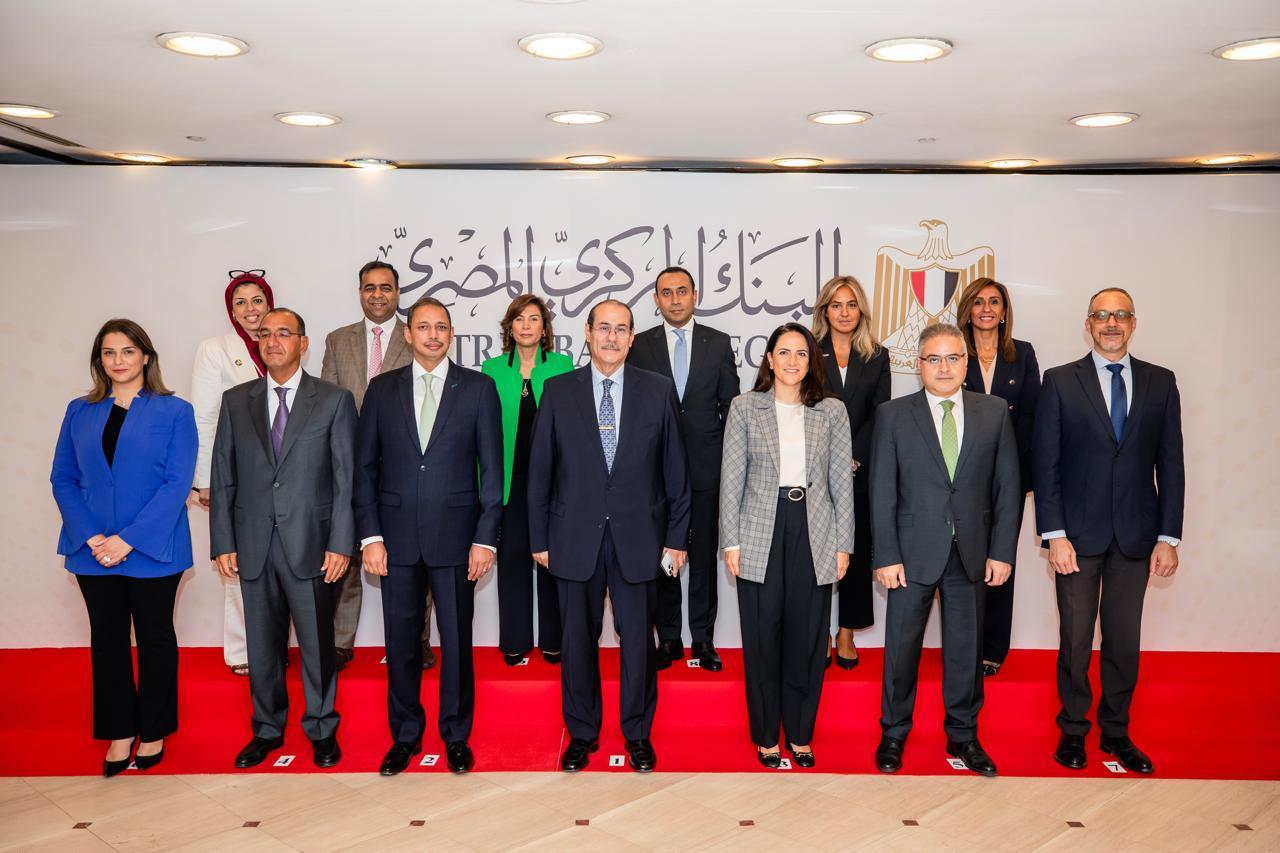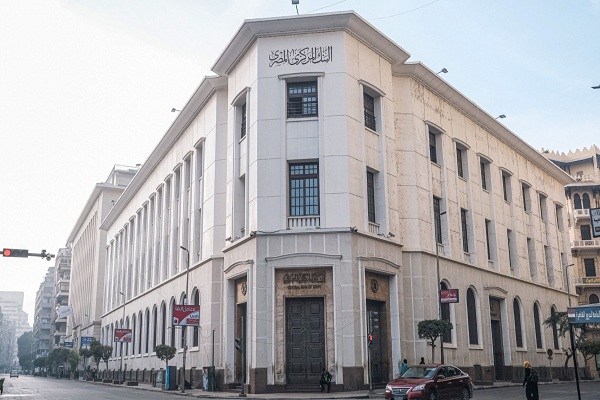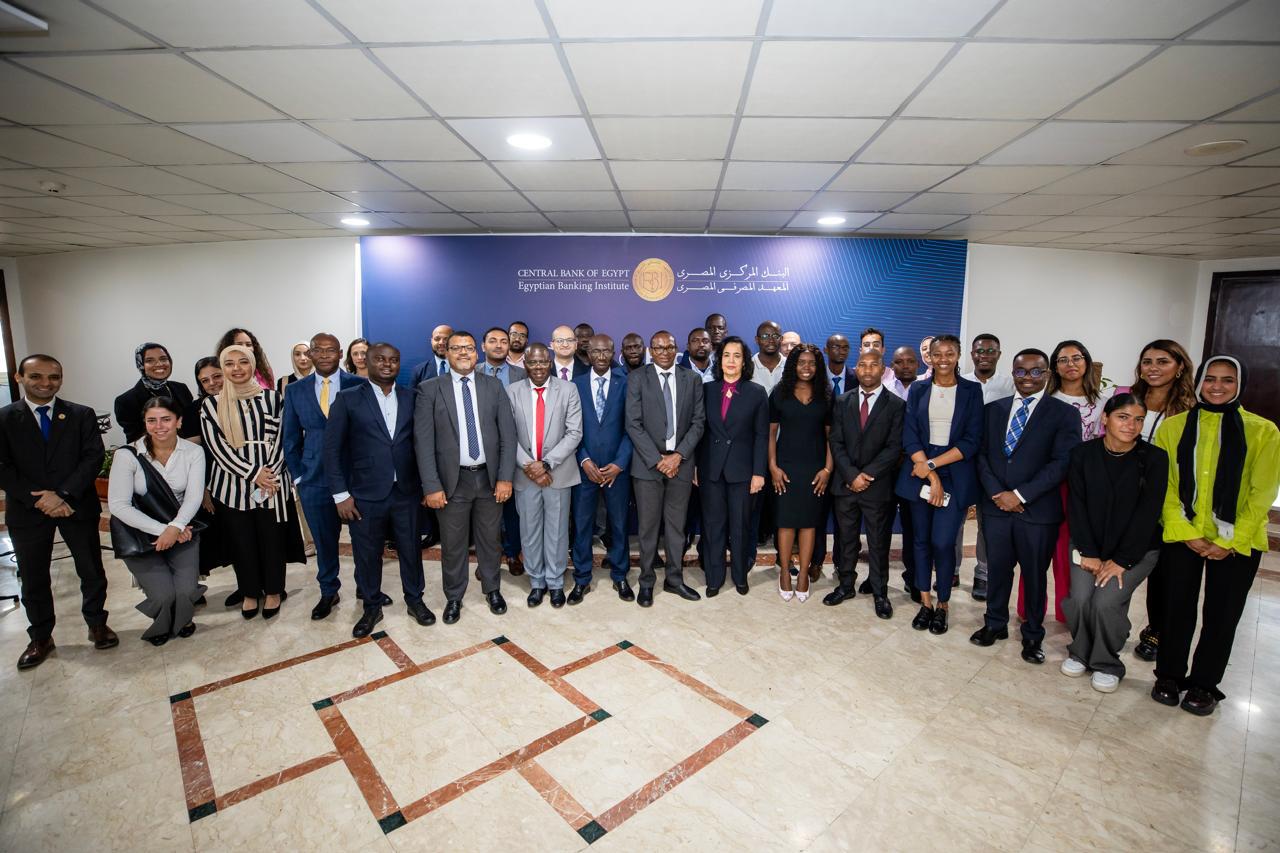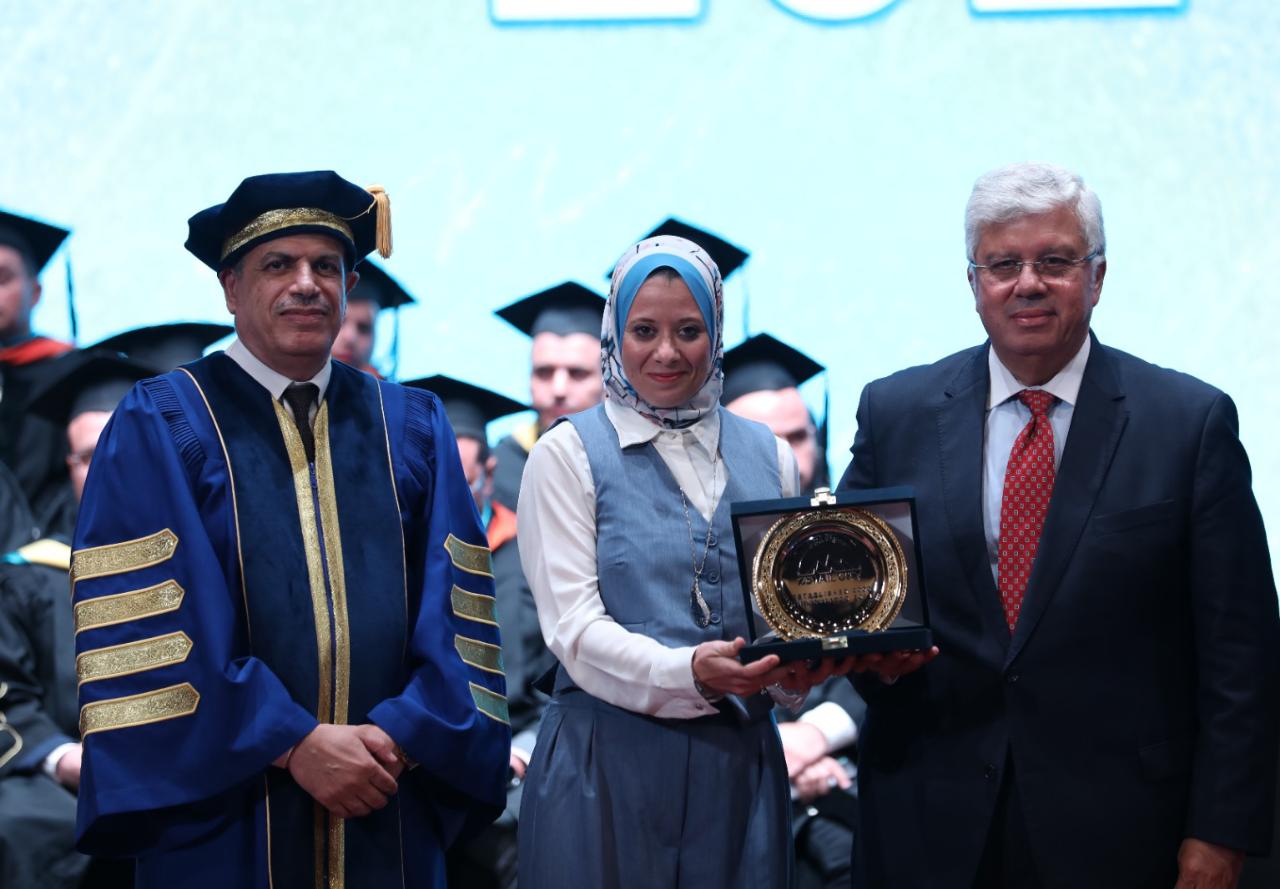HC expects the MPC to maintain the policy rates
Font size
HC Securities & Investment shared their expectations on the likely outcome of the MPC meeting scheduled February 1st. Based on Egypt’s current situation, they expect the CBE to keep the policy rates unchanged.
Financials analyst and economist at HC, Heba Monir commented: “We expect the MPC to maintain the overnight deposit and lending rates on its 1 February meeting in the lack of an FX rate movement; however, if an EGP devaluation takes place, we don’t rule out a policy rate hike. We anticipate an adjustment in the FX rate after concluding the IMF’s delayed first and second reviews and reaching an agreement with the IMF on doubling, if not more, the value of the USD3.00bn Extended Fund Facility (EFF).
Regarding inflation, we forecast January’s annual headline inflation to increase by 6.7% m-o-m and 36.3% y-o-y to factor in higher metro ticket prices, telecom prices, household electricity prices, and also due to increased money supply resulting from the maturity of high-yielding certificates of deposits (CDs) in January, which the government tried to absorb by issuing one-year CDs by Banque Misr and the National Bank of Egypt (NBE) at an interest rate of 23.5% paid monthly and 27.0% paid annually.
Also, the Commercial International Bank Egypt – CIB (COMI EY) issued competitive high-yielding three-year CDs at interest rates ranging from 20-22%. Pressures on the currency are increasing, with Egypt’s 1-year CDS increasing to 960 bps from 886 bps on 21 December, gold price skyrocketing by c17% y-t-d, and market participants pushing for higher yields on treasuries.
The 12M T-bills rate increased to a 52-week high of 27.7% last Thursday from 27.4% on 21 December, implying a current negative real interest rate of 9.0%. Despite the negative real interest rate on treasuries, we don’t expect attracting carry trade to be at the forefront of the MPC priorities for the time being due to the FX uncertainty, the rating downgrades by Moody’s, S&P, and Fitch, and Egypt’s removal from JP Morgan’s Global Bond Index-Emerging Markets (GBI-EM) series, effective 31 January due to significant FX conversion concerns reported by investors, making Egyptian treasuries less attractive to foreign investors for the time being.
On a more positive note, the banking sector’s net foreign liabilities (NFL) narrowed by USD170m m-o-m in November to USD27.0bn and, excluding the CBE, by USD47.2m m-o-m to USD15.8bn, net international reserves (NIR) increased by around USD47m m-o-m to USD35.219bn in December from USD35.173bn a month earlier, and deposits not included in official reserves also increased c3.2% m-o-m in December to USD6.38bn, according to CBE data.”
It is worth mentioning that, in December meeting, the Monetary Policy Committee (MPC) of the Central Bank of Egypt (CBE) maintained the benchmark overnight deposit and lending at 19.25% and 20.25%, respectively, after maintaining it for three consecutive meetings and increasing it by 300 bps in 2023 and 800 bps in 2022.
Egypt’s annual headline inflation decelerated to 33.7% in December from 34.6% y-o-y in November, according to the Central Agency for Public Mobilization and Statistics (CAPMAS) data. Monthly prices rose 1.4% m-o-m in December compared to a 1.3% m-o-m increase in the previous month. On the global front, the US Federal Reserve raised interest rates in July 2023 by 25 bps to a range of 5.25-5.50%, a total of 100 bps in 2023 and 425 bps in 2022, with most expectations likely to maintain rates in its meeting in 30-31 January.






